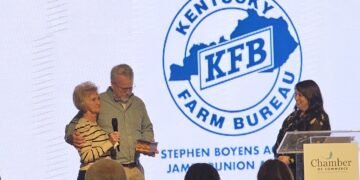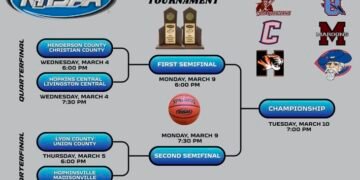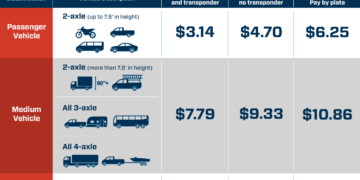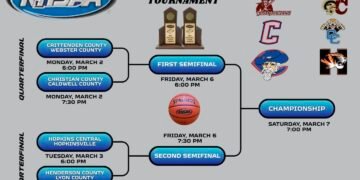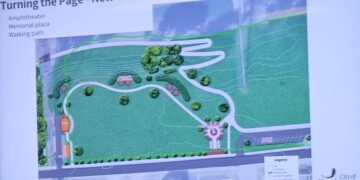The Henderson Humane Society and Henderson County Animal Control recently completed their first ever exotic bird rescue.
The rescue, according to Humane Society President Stacey McCord-Crooks, included:
- 4 Umbrella Cockatoo Parrots
- 1 Lesser Sulpher Crested Cockatoo Parrot
- 2 African Grey Parrots
- 1 Orange Winged Amazon Parrot
- 1 Quaker Parrot
- 3 Budgies (1 deceased)
- 8 Black Capped Conures
- 5 Lovebirds
- 17 Cockatiels
The birds are not native to this area, and McCord-Crooks said that she believes many may have come to the owner from the black market. Quaker parrots, she said, are illegal to keep in Tennessee and Kentucky.
“People think these birds are so cool,” McCord-Crooks said. And though they may be exotic, the reality is that these birds are not to be trifled with—some can crack a person’s finger with their strong beaks.
The rescue started with an initial call from a neighbor of the bird owner in late May, alerting animal control officers that the birds may need to be checked on.
On May 30, Henderson County Animal Control officers John Moore and Jake Ashby arrived at the home and found it in bad shape.
“It looked like a horror movie,” Moore said.
(The Hendersonian is not naming the man, who is 78 years old, or his address out of concern for his mental well-being. Henderson County Codes Department assisted at the residence and contacted adult protective services to assist the man and get his house cleaned, said Randy Tasa, the county codes administrator.)
Moore said there was at least 6-8 inches of bird excrement, food and other waste piled on the bottom of the birds’ cages. Additionally, the man is a smoker, and the birds’ feathers were tinged yellow from the smoke, Ashby and Moore said.
Although the birds’ owner said he’d collected birds his whole life and he claimed his place was a bird sanctuary, the animal control officers could see the avians were in bad shape. But they decided to give him some time to clean up the house and the birds’ cages. They told him they’d be back and he’d better get things cleaned up by then.
When they returned in September, they looked through the door windows and found that though it was bad last time, “This time it was worse,” said Moore.
The officers told the man he wouldn’t face charges if he surrendered the birds, which he did. They also contacted Tasa and the Henderson County Sheriff’s Office, in case they needed help.
Ashby said both the birds’ and the owner’s well-being were on the officers’ minds.
“We really felt like we had to do the best thing possible for the birds and him,” he said.
They spent two days taking the birds out and then power-washing the cages. On the evening of Sept. 24, all the 41 birds and most of the cages—they left five behind—had been transferred to the Humane Society.
McCord-Crooks, who owns an umbrella cockatoo parrot, said that avians “are so delicate” and they “stress very quick.” Indeed, she said they were showing signs of stress from their prior living conditions and then the transfer to the shelter.
There was a change in the birds’ demeanor once they got adjusted to the environment at the shelter, where they were placed in a room separate from dogs and cats. “They were all dancing,” McCord-Crooks said. “They were so happy.”
And soon, something poignant happened. There was a moment when other employees had gone and McCord-Crooks was alone in the room. All of a sudden, the lovebirds started singing and “it was in harmony” and their songs filled the room, she said.
“There was none of those happy bird sounds” when they were getting the birds at their old residence, Moore said.
McCord-Crooks, who has around large parrots since the 10th grade, said this rescue is a good teaching moment for the public, noting that caring for a bird, especially a bigger, exotic bird, is difficult.
For one, there’s only one veterinarian in the area who deals with exotic birds, and costs for some visits can range up to $500, she said. And it’s not just any bird food is best for these avians, she said, adding it costs around $65 a month for the proper food.
“They can be dangerous, especially around children,” she said. Some of the bigger exotic birds can break a child’s arm with their strong beaks.
McCord-Crooks warning: Don’t obtain exotic birds. But if you must, do your research and be prepared for the higher costs.


